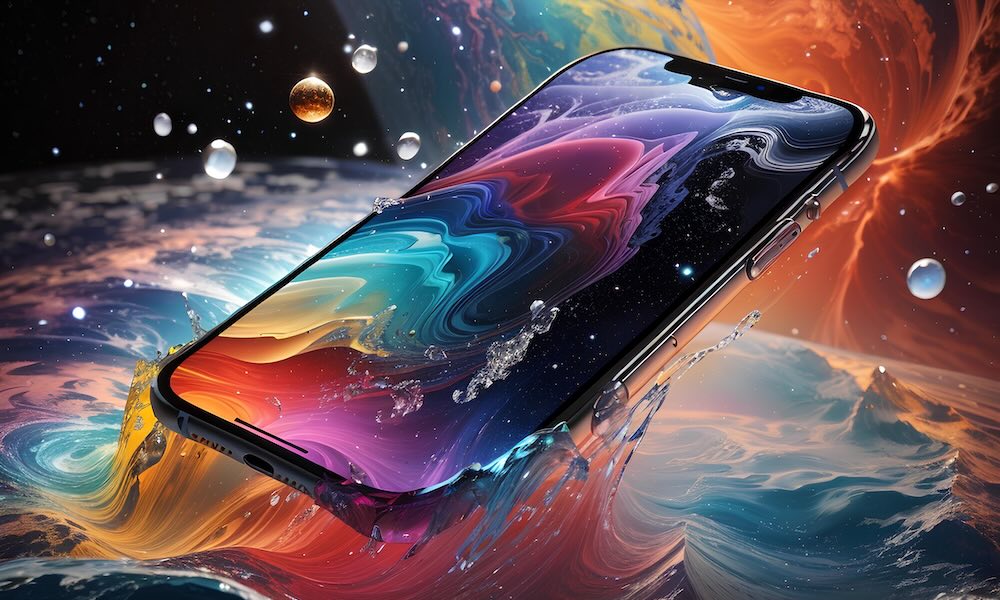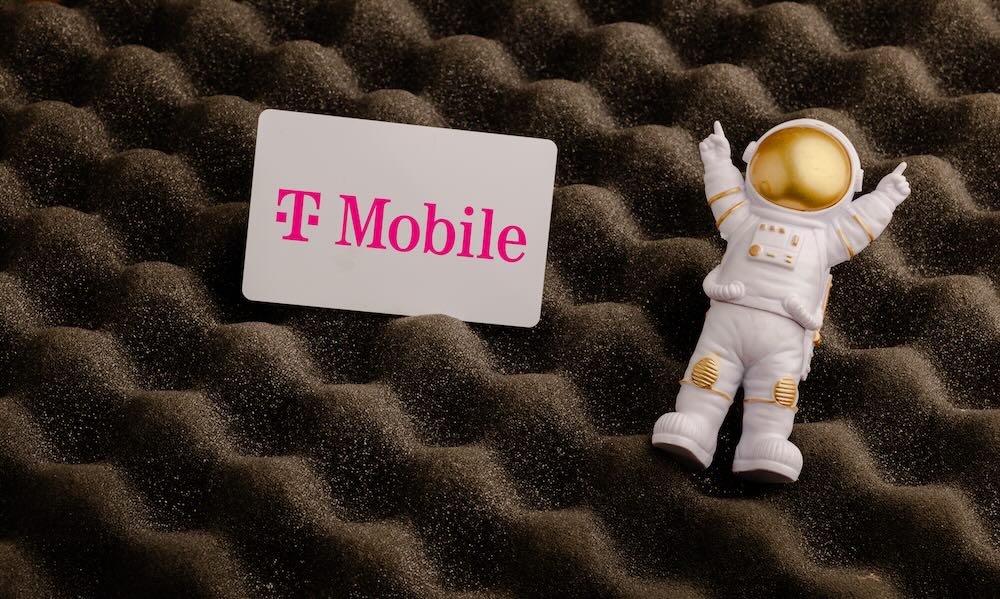These iPhone Apps Now Work Off-the-Grid With T-Mobile’s T-Satellite Service and iOS 26
 Mounir / Adobe Stock
Mounir / Adobe Stock
Toggle Dark Mode
Earlier this summer, T-Mobile launched its T-Satellite service in partnership with Starlink. T-Satellite isn’t limited to T-Mobile customers; it’s also available for iPhone owners using Verizon and AT&T. While there’s a $10 monthly fee, and Apple’s satellite service is still free, T-Satellite has a leg up on Apple’s emergency satellite services like Emergency SOS, Roadside Assistance, and Messages.
For one thing, Apple’s emergency satellite services are only available on the iPhone 14 and newer models, while T-Satellite is also compatible with the iPhone 13. However, what’s even better is that T-Satellite works with your phone in your pocket; since it operates using standard 5G bands, you don’t have to be outside with a clear view of the sky and horizon.
Upon launch, T-Satellite only supported text messages, with T-Mobile promising that additional app support would be available this October. A host of Apple’s native apps are now compatible with T-Satellite ahead of schedule, so long as users have updated to iOS 26. These include Apple Compass, Fitness, Maps, Messages, Music, and Weather. Expect T-Satellite to support more apps in the future.
T-Satellite service should work on iPhone 13 and newer models that are set up correctly. T-Satellite works via your iPhone’s eSIM. While iPhone 13 US models support both a physical SIM and an eSIM, iPhone 14 and newer models are eSIM-only. However, all models support Dual SIM functionality, with the iPhone 13 allowing use of one SIM and one eSIM, or two eSIMs simultaneously. T-Mobile provides simple setup instructions on its T-Satellite support page.
T-Satellite is now designed for use beyond just emergencies, where you need to contact family, friends, or emergency services. It makes sense for users who often venture to remote areas to use apps like Weather, Fitness, and Music. Now it’s possible. With iPhone’s dual SIM functionality, the experience should be fairly seamless.
Apple’s satellite services are delivered in partnership with Globalstar, while T-Mobile’s T-Satellite is supported by Starlink, a wholly owned subsidiary of SpaceX. As the space race continues, smartphone owners are enjoying the benefits of added security and connectivity at a relatively low cost. Does T-Satellite make sense for you?








